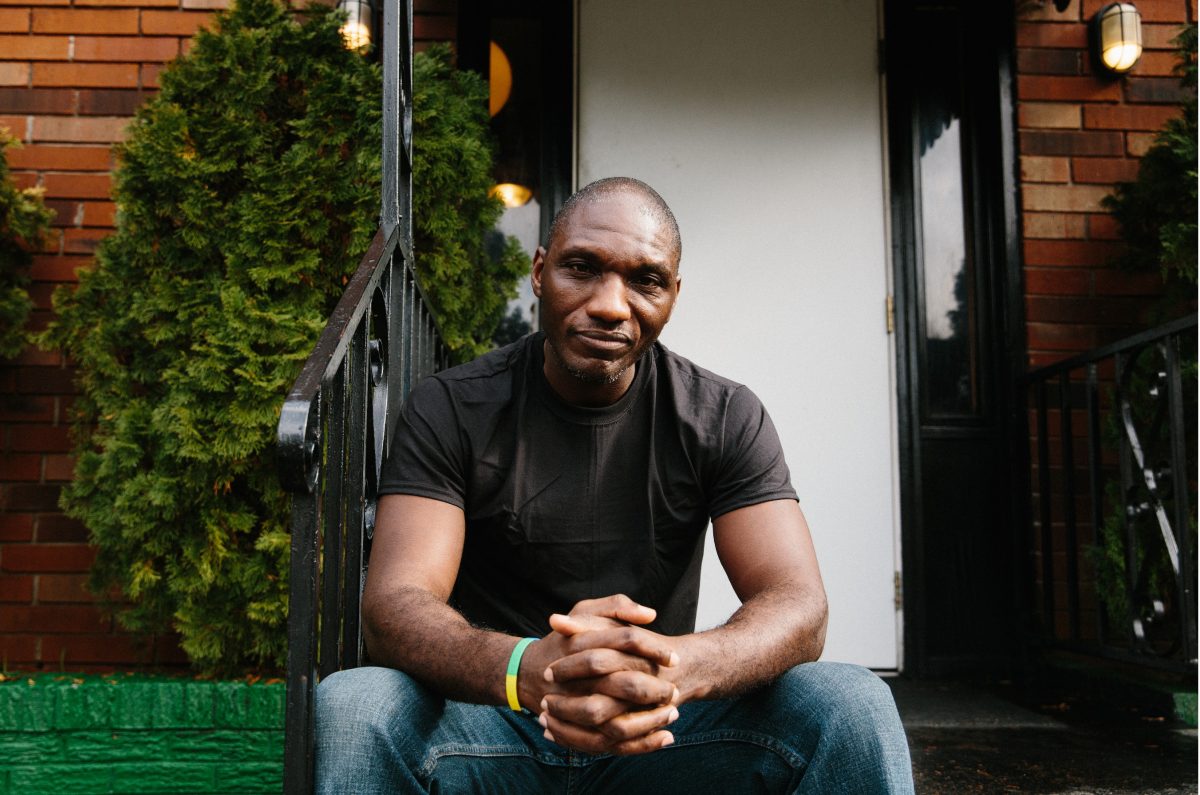Long ago, North Mississippi Hill Country was overlooked in standard perspectives on the blues. While the Delta Blues had been a buzzword in music circles for generations, the variation to the east and north of the flatlands was little-recognized until artists like R.L. Burnside, Junior Kimbrough, Robert Belfour, Calvin Jackson, and Sid Hemphill gradually came to be known outside of the region.
Then the documentary Deep Blues: A Musical Pilgrimage to the Crossroads, released 30 years ago, featured Burnside, Kimbrough, Othar Turner, and Jessie Mae Hemphill. Fat Possum Records began releasing works by these and other artists shortly thereafter. And of course, the North Mississippi Allstars did much to further popularize the sound, albeit in a more hybridized form.
What they all shared in common was an emphasis on droning, hypnotic guitar riffs played over a driving, insistent beat. And the guitar sounds are unapologetically electrified and distorted, in a heavier and more stripped-down manner than the electrified urban blues guitar that came to prominence in the ’50s.
Since then, the sound’s reach has only seemed to grow. And this week, a new milestone was passed when R.L. Burnside’s grandson, Cedric Burnside, who began drumming for R.L. in his teens but grew into a songwriter and guitarist in his own right, was recognized as a National Heritage Fellow by the National Endowment for the Arts’ Folk and Traditional Arts program.
This award recognizes individuals who “sustain cultural traditions for future generations,” and Cedric Burnside could not be more illustrative of that quality. While he was long recognized primarily as a drummer, winning Blues Music Awards as an instrumentalist in that field multiple times, he has also grown as a gifted guitarist and composer. He was nominated for Grammy Awards in 2016, for his album Descendants of Hill Country, and in 2019 for his album, Benton County Relic.
Burnside is not the first artist with Memphis and Mid-South roots to be recognized by the NEA. William Bell received the same fellowship last year, as the Memphis Flyer reported at the time.
In a biographical essay on the NEA’s website, onetime Rhodes College associate professor Zandria Robinson, now an associate professor of African American Studies at Georgetown University, writes:
As an architect of the second generation of the Hill Country blues, Burnside has spent his career tending to the legacy of the genre by expanding the next, electric generation of the North Mississippi sound. In Burnside’s care, the sound leads with extended riffs that become sentences, pleas, or exclamations, rendering the guitar like its West African antecedent, the talking drum. These riffs fuse with Burnside’s voice, like the convergence of hill and horizon in the distance, carrying listeners to a deep well of Mississippi history whose waters reflect the present and the future of the state and the nation.
On June 25, Single Lock Records will release Burnside’s latest album, I Be Trying, recorded at Royal Studios. The album’s first single, “Step In,” was released in April.
